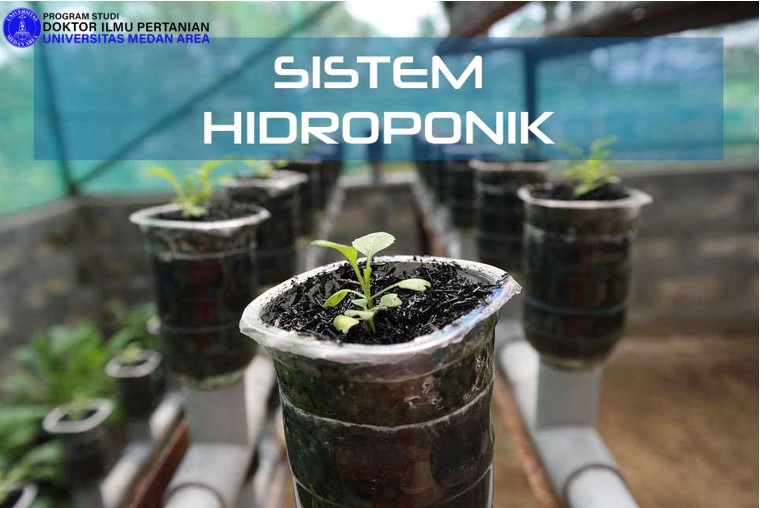
One of the benefits (if you can call it that) of chemically-enhanced produce is that it grows bigger, faster and cheaper than organic produce. But the risk factor involved is just too much for some people to live with, and thus they attempt to grow their own produce organically. If you fit this bill, check out these gardening tips.
Plant your own seeds to guarantee organic produce. Sowing your own vegetable seeds gives you the comfort and assurance that your produce has been grown organically from seed to table. Choose plants that are easy to germinate such as broccoli, cabbage, basil and tomatoes. Find out the best time of the year to sprout your chosen produce.
Sprouting seeds need less warmth than before. You can begin to move them further from the heat source as they become seedlings. Make sure you remember to remove any plastic films that were on the plant containers to repel humidity and warmth. Check on your seeds periodically to make sure you know when to remove the films.
Attract positive bugs to your garden. Bugs like lady-bugs actually hunt natural predators to your plants; aphids and caterpillars are just some of the nasty critters that can go through a garden and eat the leaves of the plants. Lady bugs are the natural predators to such pests and help the growth of a good healthy garden by consuming pests.
Don’t harm your native critters. Some animals can naturally keep the bug population down; one such example of a good pest-predator is the bat. Bats are well-known for being bug consumers. Since your garden may sometimes look like a tasty treat to these tiny critters, having bats around can help reduce their population naturally, without the usage of harmful pesticides.
Organic
Cover your flower beds with two or three inches of compost or organic mulch. Mulch will minimize weed growth and maximize nutrients and moisture. It also adds a uniform and cohesive look to the garden.
When growing organic plants hook your plants up to an electric timer that will turn lights on and off continuously throughout the day at the same time. By doing this, you will ensure that your plants receive the proper amount of light that they need.
Trees and flower beds need at least three inches of organic materials. This adds humus, nutrients, conserves water in the soil, and discourages the growth of unwanted weeds! This will also give your flower beds a nice, even, and finished appearance. There are many organic mulches available or you can make your own.
Fruits
You will need to rotate the plants on a regular basis when you have an indoor organic garden. Plants need to get light from all directions in order to grow properly. If they are not rotated, plants will bend toward a light source, which can actually cause them to produce less fruits and vegetables, than they would have if they had been rotated.
Make easy work of washing your organic produce with a laundry basket. As you pick your produce, lay them in a plastic laundry basket, which works as a strainer. Hold the hose over the top and the water can make quick work of rinsing all the dirt and other matter off of your fruits and veggies.
Mass-produced food will always have its own advantages, but it may not be worth it to you or your family to risk your health for a few extra dollars in savings. If you decide to grow organically, however, you can save hundreds while ensuring that everything you eat is fresh and healthy. Just use these tips to help you grow.

